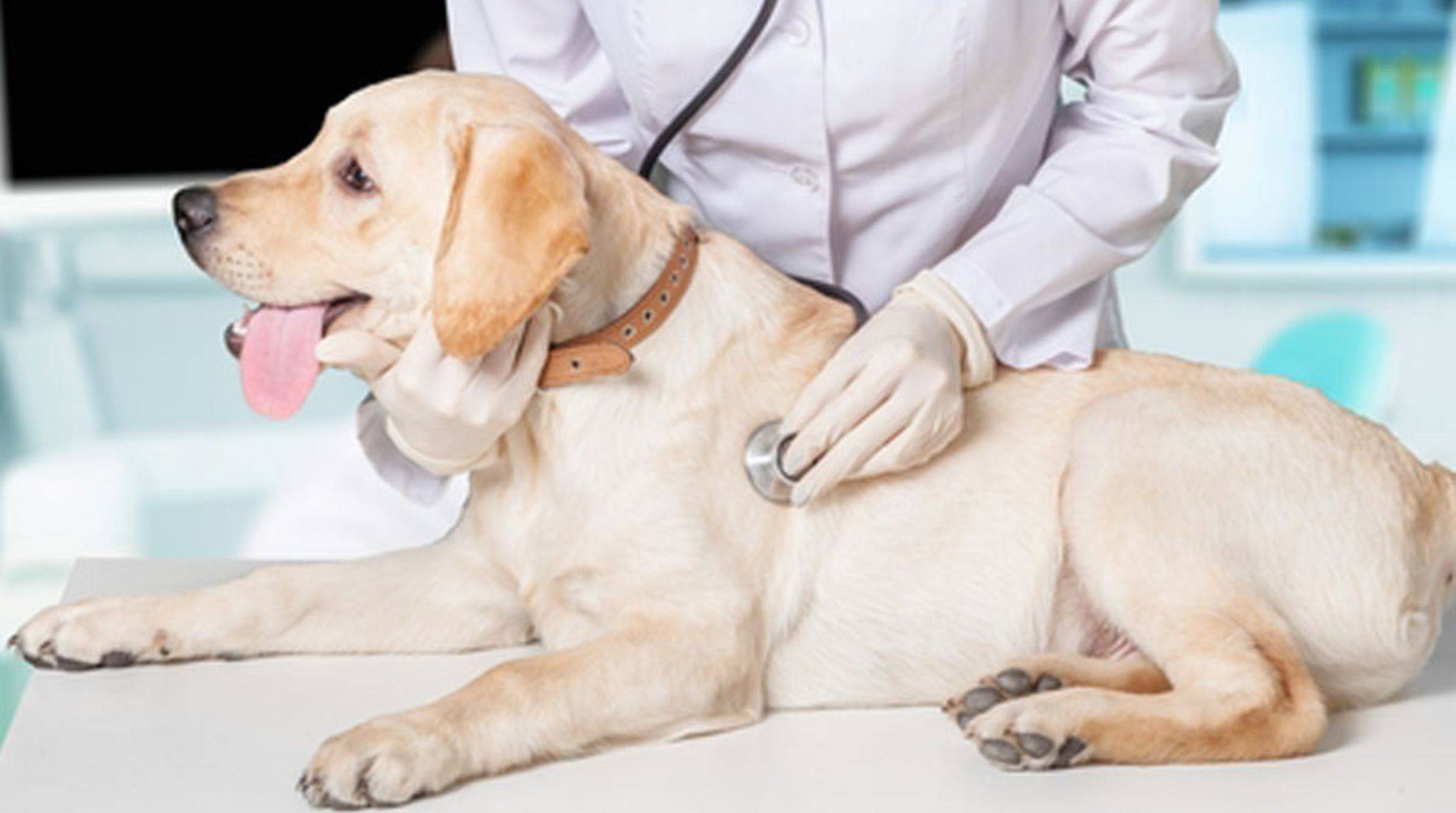Heartburn in dogs: what can be done?
Not only do people have heartburn, but a dog can also suffer from hyperacidity of the stomach contents. How to recognize and treat heartburn in dogs, you will learn here.
Heartburn is a hyperacidity of the stomach contents, which is not always easy to detect in dogs – not even by the vet. Measures such as blood tests or X-rays do not provide any information about it, so it is essential to observe the symptoms closely and pay attention to possible changes in behavior.
What is heartburn?
The food eaten enters the stomach through the esophagus in a healthy dog. There, stomach acid is produced to help break down and digest the food. The stomach has two sphincters that act as “gatekeepers”: one where the dog’s food passes from the esophagus into the stomach, and the other where the food continues from the belly toward the intestines.
Once the first sphincter (reflux barrier) is somewhat weak, the aggressive stomach acid produced can migrate back into the esophagus – including stomach contents. This often happens when too much stomach acid is produced (hyperacidity). However, a lack of stomach acid can also lead to heartburn: In this case, the food is not digested fast enough, ferments in the stomach, leading to unpleasant belching, including stomach contents.
In both cases, your dog will have heartburn.
Heartburn in dogs: Possible causes
In addition to a weak reflux barrier, factors such as stress or an imbalance in hormone balance can also promote heartburn in dogs. Also, incorrect feeding can hurt the stomach of the four-legged friend. Portions that are too large, food that is too fatty, a lot of grain, or strongly spiced food promote heartburn – especially if a dog is fed this way over a more extended period.
Recognize heartburn in dogs: Symptoms
You can recognize heartburn in dogs by various symptoms. The diagnosis is difficult because the individual signs can also indicate other diseases or be a completely harmless, temporary phenomenon.
These symptoms indicate the disease also called reflux esophagitis:
Increased salivation
Increased smacking
Eating grass
Excessive licking (of the floor, surfaces, or self)
Belching
Difficulty swallowing
Gagging
Coughing
Vomiting (including mucus).
If you notice one or more of these signs in your dog, don’t hesitate to see a veterinarian. He can determine if the symptoms are concomitants of acid reflux or indicative of other diseases.
Treat heartburn in dogs: What helps?
Simple home remedies help against heartburn in dogs. For example, your four-legged friend should drink more water to dilute the stomach acid. Other home remedies for reflux esophagitis in dogs are:
It cools herbal tea from stomach-friendly herbs such as fennel or aniseed.
Carrot juice
Healing earth
Important: Even with proven home remedies, always note the dosage and talk to your vet in advance about whether it is suitable for your dog!
Less home remedy and more instinctive “extinguishing agent” for heartburn is grass. Indeed you have already observed that your dog nibbles on grass from time to time. This is how he regulates the acidity of his stomach, among other things. Just let your animal friend eat a few stalks when he has heartburn – in many cases, this solves the problem.
Which food for heartburn? Feed your dog with a gentle diet
Be sure to avoid hard-to-digest foods for your dog plagued by heartburn. Bones should also not be fed during this time.
Instead, the diet should include foods low in carbohydrates, low in fat, and therefore easy to digest. As Schonkost for a dog with heartburn is suitable for example:
lean meat
Curd cheese
Cottage cheese
Vegetable porridge
To avoid straining the digestion too much, it is best to divide the food into small portions. Four to five rations a day are ideal. Does your dog have heartburn all the time? Then he may be suffering from a lack of gastric acid. In this case, it is even more important to feed only small portions so that the food does not start to ferment in the stomach.
Necessary: In general, you should never use human heartburn remedies on your four-legged friend without veterinary advice. If your dog suffers from hyperacidity for a more extended period or shows the symptoms mentioned above, take him to the vet. If necessary, he can also use medication to combat the problems.






